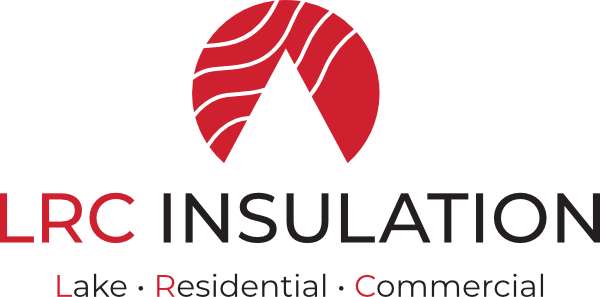FREQUENTLY ASKED QUESTIONS ABOUT INSULATION
Do you have questions about insulation? LRC has answers! Below are answers to common concerns we hear from our customers.
Yes! The U.S. federal government offers different financial incentive programs or tax credits for a limited time for those who make energy-efficient upgrades. Follow the links below to learn more from ENERGY STAR:
Homeowners
Homebuilders
Commercial Contractors
The “R” in R-value stands for resistance to heat flow. The higher the R-value, the higher the level of resistance and the greater the insulating power. R-value requirements vary depending on climate and building type.
The amount of insulation needed varies depending on location, building type and materials. We can provide more information about the recommended R-Value once we discuss your project scope. Click here to view recommended home insulation R-Values in the U.S.
Yes. Airborne noises such as conversation, running appliances, electronic devices and household equipment carry and echo through walls, ceilings and floors. Good insulation has the ability to reduce such atmospheric interference, leaving rooms much quieter. According to ENERGY STAR, insulating your home can reduce the noise from outside your house as well as make it harder for pollen, dust, pests and insects to enter your home. It also allows for better humidity control and may lower the chance for ice dams on the roof/eves in snowy climates. In addition to keeping the noise levels low, this will also improve the overall comfort of your home.
Air sealing means sealing the cracks, crevices, gaps and other areas in your home that may be leaking air. We typically seal these areas with caulk and foam products.
- Batt & Roll
- Loosefill/Blow-in
- Rigid Foam
- Spray Foam
